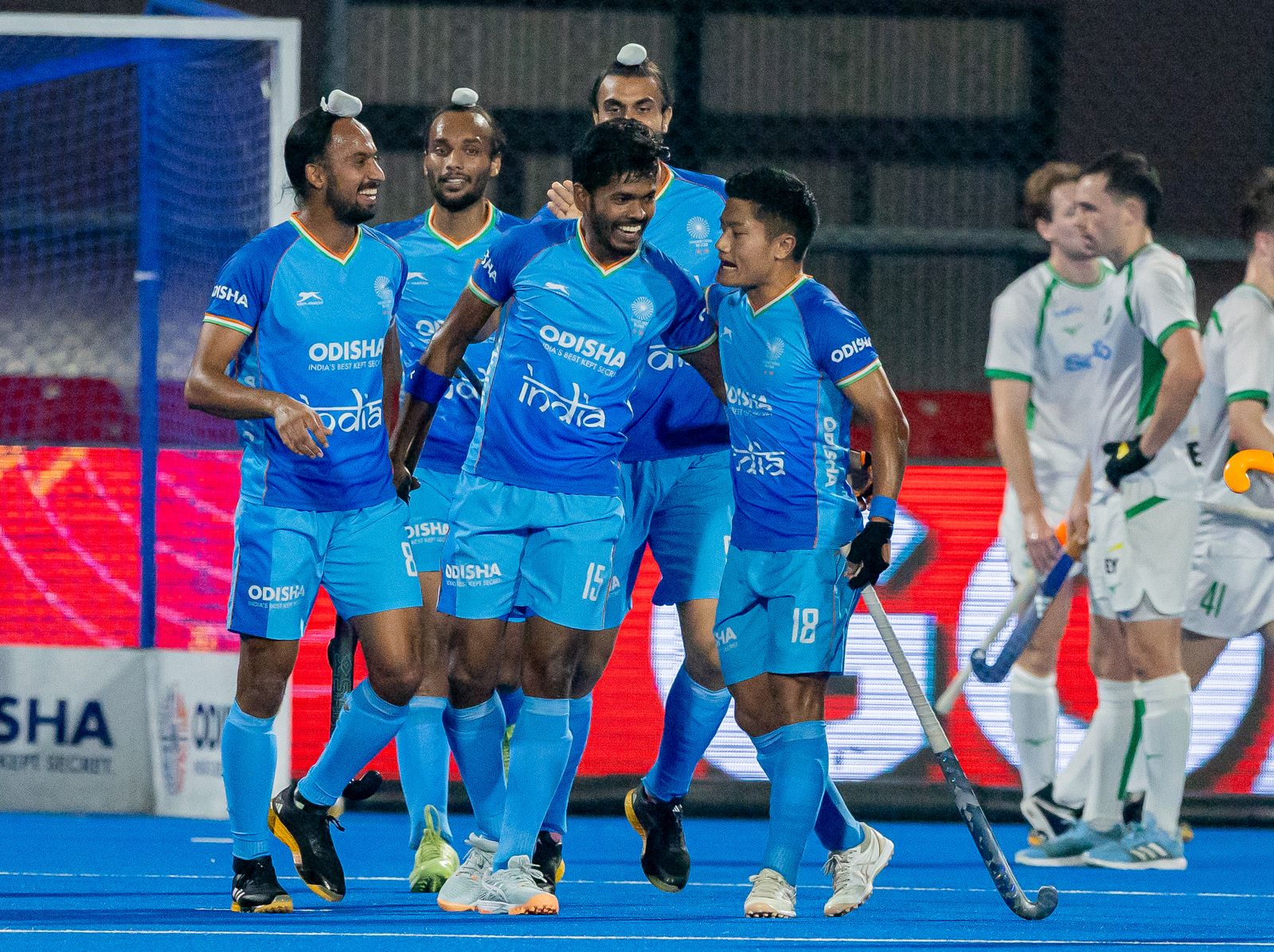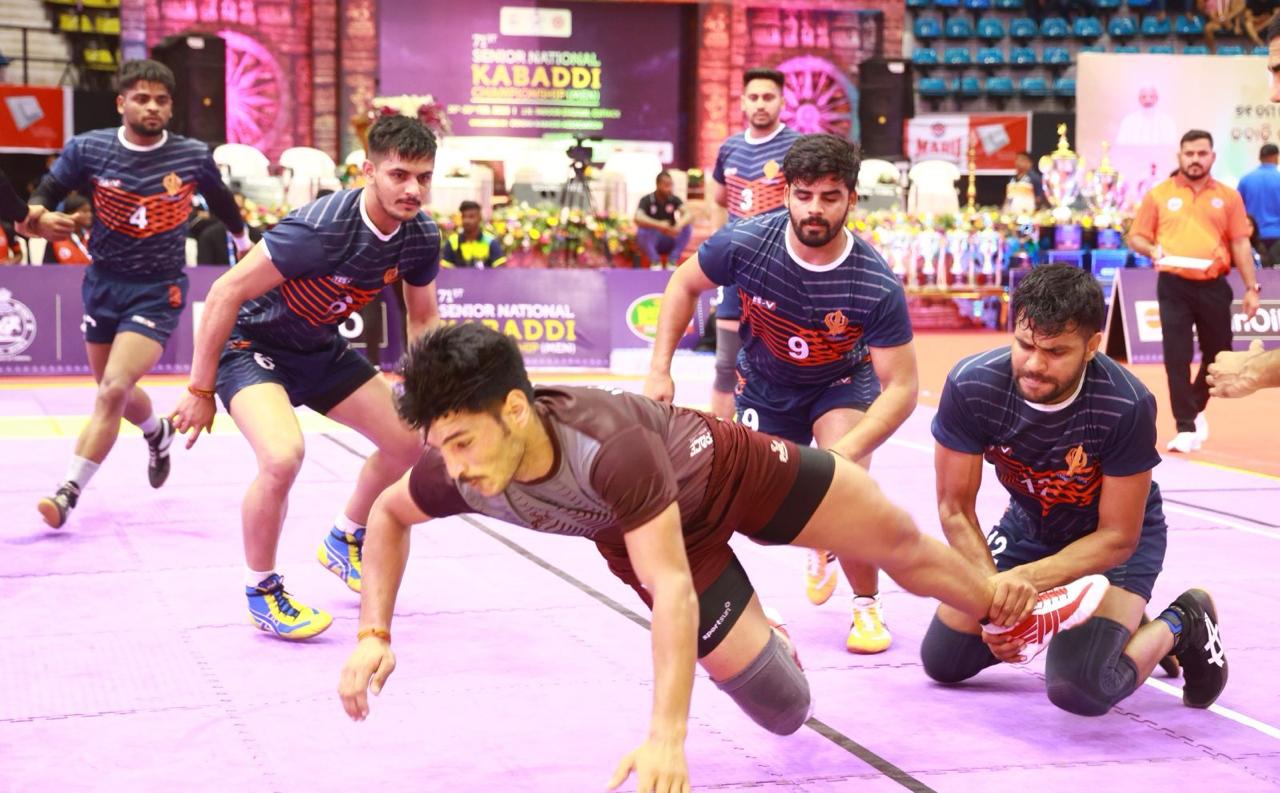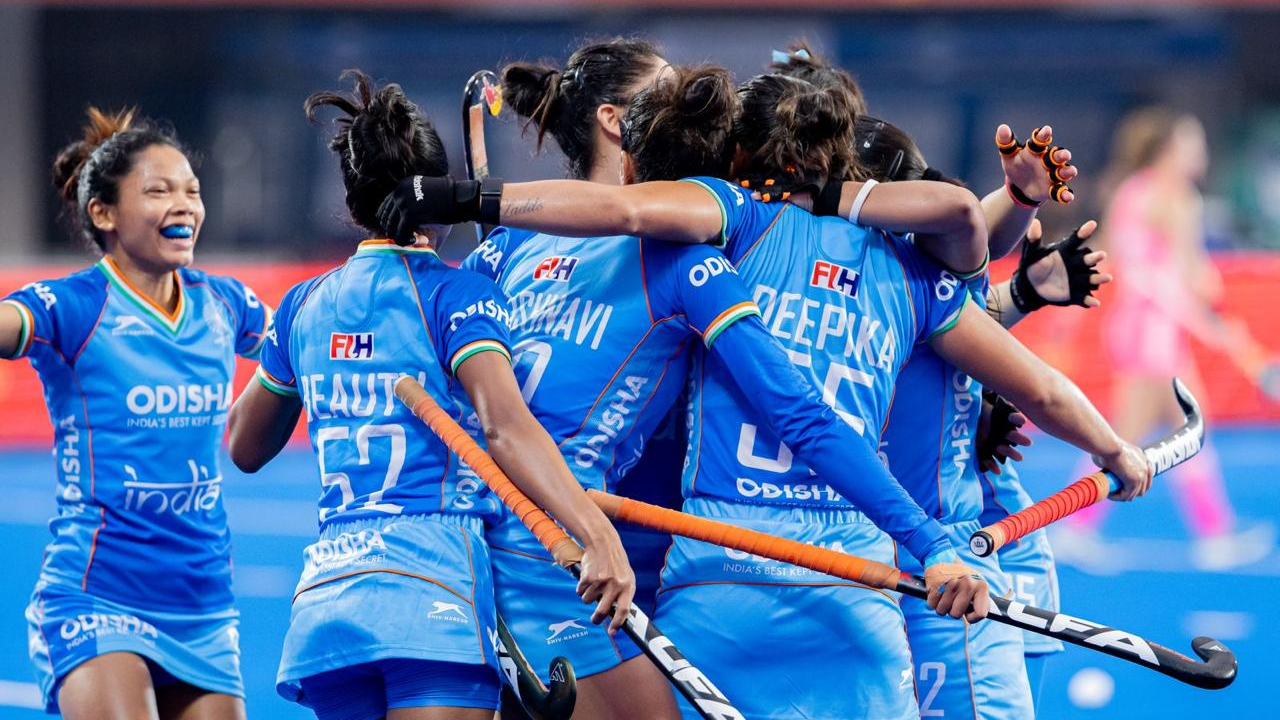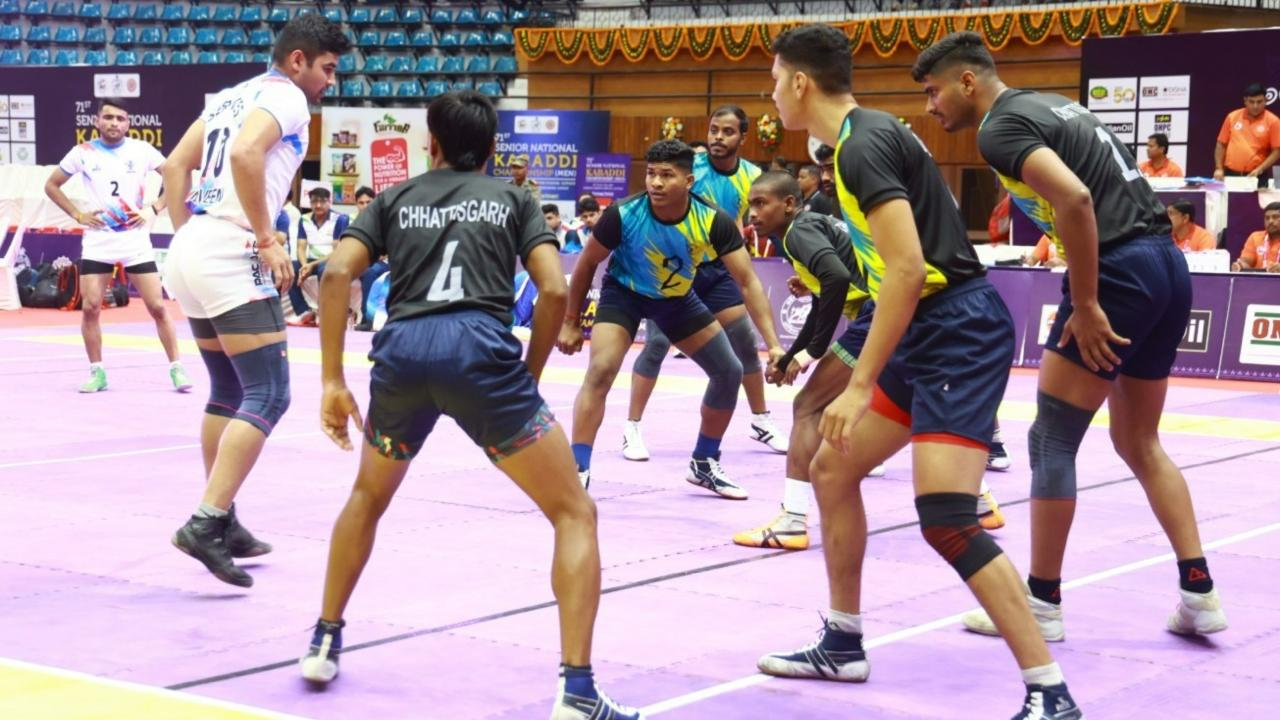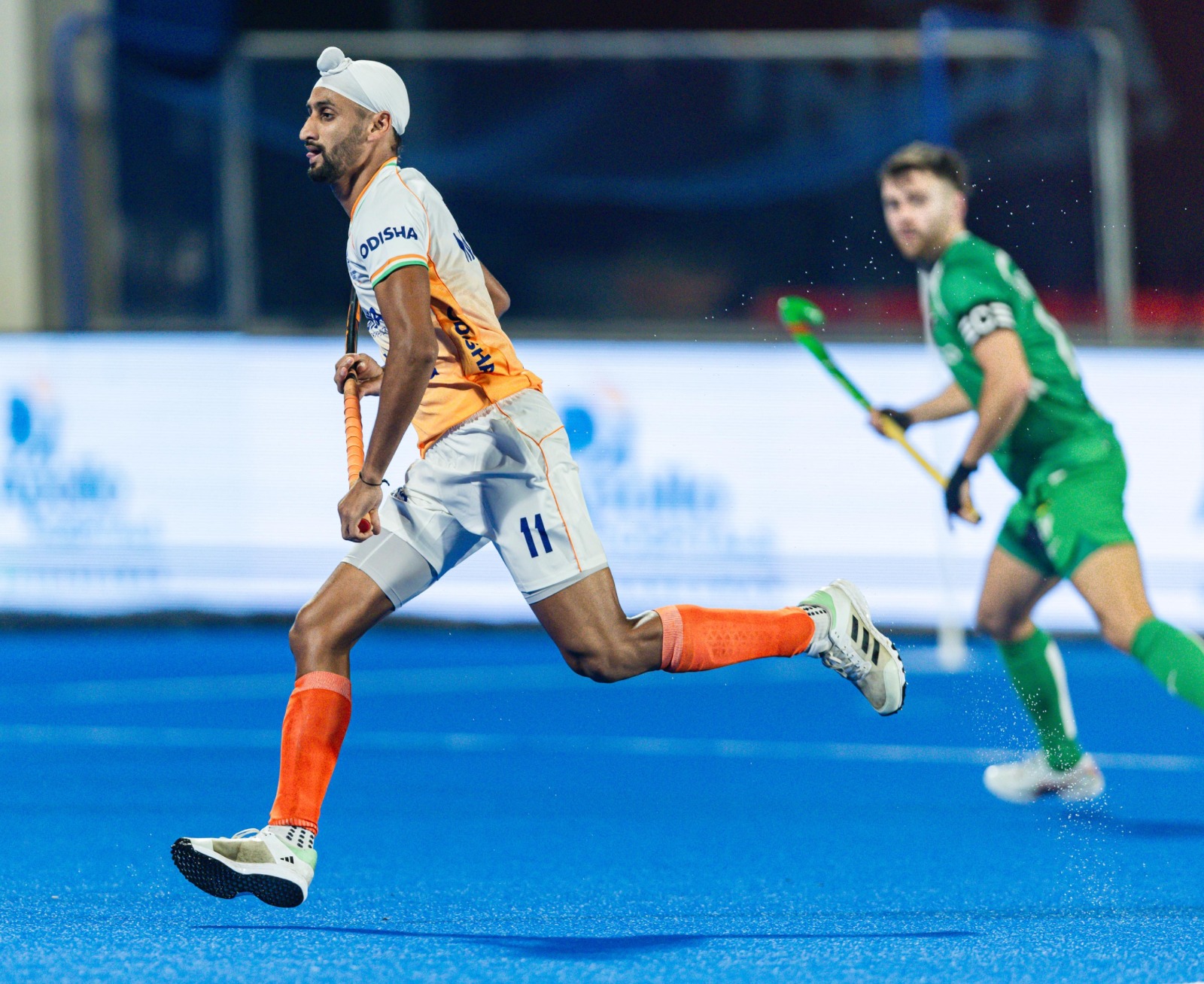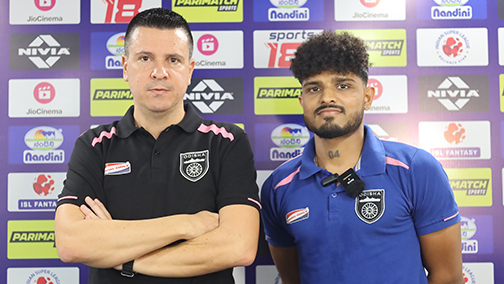The sporting world is grappling with a complex and sensitive case that touches upon issues of gender identity, fair play, and the very definition of what it means to be male or female. Algerian boxer Imane Khelif, who made history by winning an Olympic gold medal, has been at the center of a storm of controversy since experts began questioning her biological sex. Now, a leaked medical report has provided definitive answers, confirming that Khelif is biologically male. This revelation has sent shockwaves through the international sporting community and sparked a renewed debate about the inclusion of transgender athletes in competitive sports.
Unveiling the medical evidence:
French journalist Djaffar Ait Aoudia has brought to light a confidential medical report that sheds light on Khelif's biological sex. The report, a collaboration between Kremlin-Bicêtre Hospital in Paris and Mohamed Lamine Debaghine Hospital in Algiers, was drafted in June 2023 after Khelif underwent extensive medical examinations.
Science behind the controversy:
The report reveals that Khelif has a rare condition called 5-alpha reductase deficiency. This condition, which affects sexual development, occurs in individuals with XY chromosomes (typically male). Due to a deficiency in the enzyme 5-alpha reductase, the body is unable to convert testosterone to dihydrotestosterone, a hormone crucial for the development of male external genitalia during fetal development. As a result, individuals with this condition may have external genitalia that appear female at birth.
Key medical findings:
Internal Testicles: An MRI scan revealed the presence of internal testicles, confirming that Khelif's reproductive anatomy is consistent with a male biological sex.
Absence of a Uterus: The medical examination also confirmed that Khelif does not have a uterus, further supporting the conclusion that she is biologically male.
XY Chromosomes: Chromosomal analysis, known as a karyotype test, confirmed the presence of XY chromosomes, the typical genetic makeup of a male individual.
Unanswered Questions and Ethical Considerations:
The leaked medical report raises numerous questions about the circumstances surrounding Khelif's participation in women's boxing. Did Khelif knowingly compete in the wrong category? Were sporting officials aware of her condition? And what are the ethical implications of allowing a biologically male athlete to compete against female athletes?
Challenge for Sporting Organizations:
This case presents a significant challenge for sporting organizations worldwide. How can they create inclusive policies that respect individual gender identity while ensuring fair competition for all athletes? The current regulations often rely on testosterone levels as a key determinant of eligibility, but the Khelif case demonstrates the complexity of relying solely on this criterion.
Need for open dialogue and collaboration:
Navigating this complex landscape requires open dialogue and collaboration between athletes, sporting organizations, medical professionals, and ethicists. It is essential to develop comprehensive guidelines that address the unique needs of transgender athletes while upholding the principles of fair play and protecting the integrity of competitive sports.
Looking ahead:
The Khelif case is likely to have a lasting impact on the world of sports. It forces a re-evaluation of existing policies and raises fundamental questions about gender, fairness, and the future of athletic competition. As the debate continues, it is crucial to prioritize empathy, understanding, and a commitment to finding solutions that respect the rights and dignity of all athletes.
DISCLAIMER: This brief synthesizes information from various public sources and offers the author's own insights and analysis on the subject matter.















